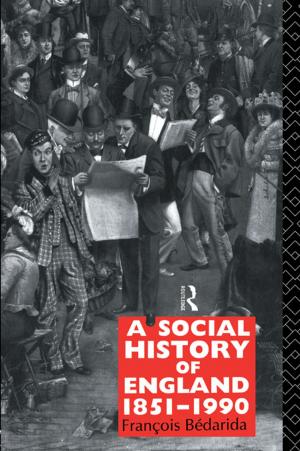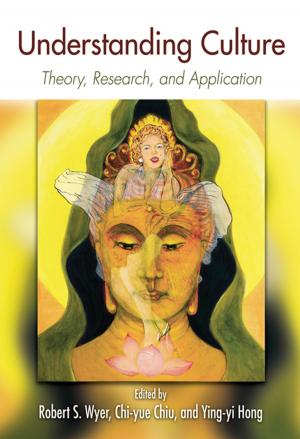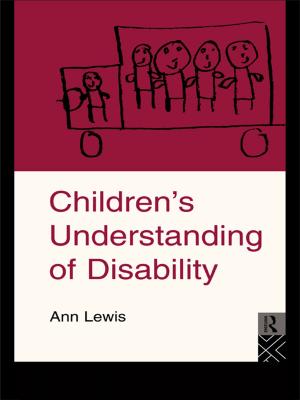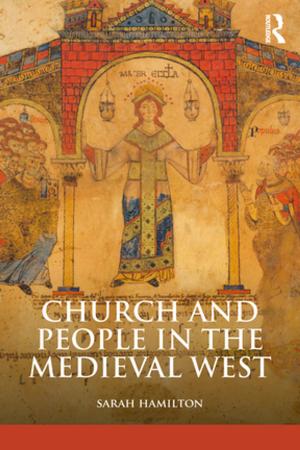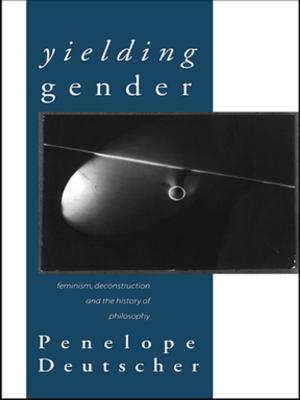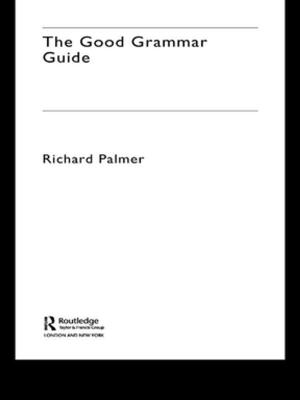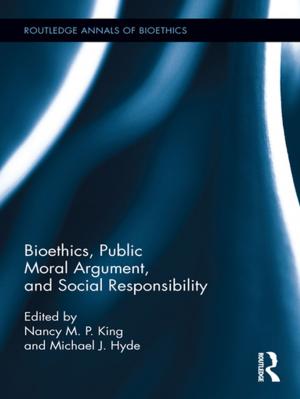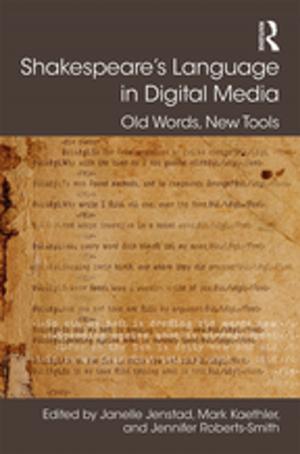Romantic 'Anglo-Italians'
Configurations of Identity in Byron, the Shelleys, and the Pisan Circle
Fiction & Literature, Literary Theory & Criticism| Author: | Maria Schoina | ISBN: | 9781351902533 |
| Publisher: | Taylor and Francis | Publication: | December 5, 2016 |
| Imprint: | Routledge | Language: | English |
| Author: | Maria Schoina |
| ISBN: | 9781351902533 |
| Publisher: | Taylor and Francis |
| Publication: | December 5, 2016 |
| Imprint: | Routledge |
| Language: | English |
Focusing on key members of the Pisan Circle, Byron, the Shelleys, and Leigh Hunt, Maria Schoina explores configurations of identity and the acculturating practices of British expatriates in post-Napoleonic Italy. The problems involved in British Romanticism's relations to its European 'others' are her point of departure, as she argues that the emergence and mission of what Mary Shelley termed the 'Anglo-Italian' is inextricably linked to the social, political, economic, and cultural conditions of the age: the forging of the British identity in the midst of an expanding empire, the rise of the English middle class and the establishment of a competitive print culture, and the envisioning, by a group of male and female Romantic liberal intellectuals, of social and political reform. Schoina's emphasis on the political implications of the British Romantics' hyphenated self-representation results in fresh readings of the Pisan Circle's Italianate writings that move them away from interpretations focused on a purely aesthetic or poetic attachment to Italy to uncover their complex ideological underpinnings. Recognizing that Mary Shelley was instrumental in conceptualizing the Romantics' discourse of acculturation expands our understanding of this phenomenon, as does Schoina's convincing case for the importance of gender as a major determinant of Mary Shelley's construction of Anglo-Italianness.
Focusing on key members of the Pisan Circle, Byron, the Shelleys, and Leigh Hunt, Maria Schoina explores configurations of identity and the acculturating practices of British expatriates in post-Napoleonic Italy. The problems involved in British Romanticism's relations to its European 'others' are her point of departure, as she argues that the emergence and mission of what Mary Shelley termed the 'Anglo-Italian' is inextricably linked to the social, political, economic, and cultural conditions of the age: the forging of the British identity in the midst of an expanding empire, the rise of the English middle class and the establishment of a competitive print culture, and the envisioning, by a group of male and female Romantic liberal intellectuals, of social and political reform. Schoina's emphasis on the political implications of the British Romantics' hyphenated self-representation results in fresh readings of the Pisan Circle's Italianate writings that move them away from interpretations focused on a purely aesthetic or poetic attachment to Italy to uncover their complex ideological underpinnings. Recognizing that Mary Shelley was instrumental in conceptualizing the Romantics' discourse of acculturation expands our understanding of this phenomenon, as does Schoina's convincing case for the importance of gender as a major determinant of Mary Shelley's construction of Anglo-Italianness.


